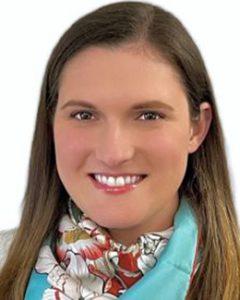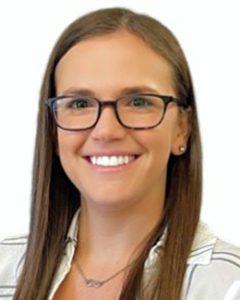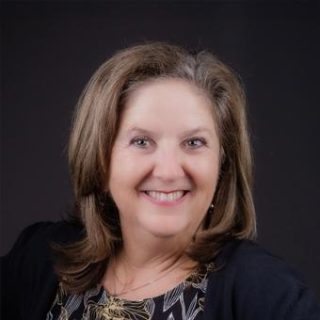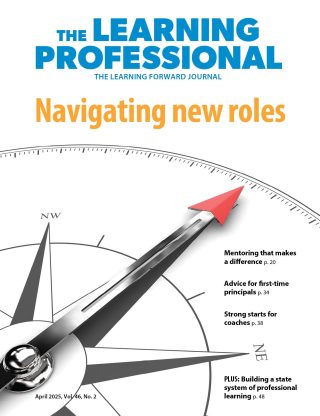FOCUS
Connected through content
Chicago teachers partner with Loyola University to build a math and science learning community
By Julie A. Jacobi, Sarah E. Stults, Rachel Shefner, Karin E. Lange, Nayantara S. Abraham and Megan Deiger
June 2019
Vol. 40, No. 3
Read the remaining content with membership access. Join or log in below to continue.
Sed ut perspiciatis unde omnis iste natus error sit voluptatem accusantium doloremque laudantium, totam rem aperiam, eaque ipsa quae ab illo inventore veritatis et quasi architecto beatae vitae dicta sunt explicabo. Nemo enim ipsam voluptatem quia voluptas sit aspernatur aut odit aut fugit, sed quia consequuntur magni dolores eos qui ratione voluptatem sequi nesciunt. Neque porro quisquam est, qui dolorem ipsum quia dolor sit amet, consectetur, adipisci velit, sed quia non numquam eius modi tempora incidunt ut labore et dolore magnam aliquam quaerat voluptatem.
References
C-STEMEC. (2013). Putting it all together: Supporting K-12 STEM education in Illinois. Chicago, IL: Chicago STEM Education Consortium.
Learning Forward. (2011). Standards for Professional Learning. Oxford, OH: Author.
Miller, B., Moon, J., & Elko, S. (2000). Teacher leadership in mathematics and science: Casebook and facilitator’s guide. Portsmouth, NH: Heinemann.
Sally, J.D. & Sally, Jr., P.J. (2003). TriMathlon: A workout beyond the school curriculum. Natick, MA: A K Peters.
Recent Issues
LEARNING DESIGNS
February 2025
How we learn influences what we learn. This issue shares essential...
BUILDING BRIDGES
December 2024
Students benefit when educators bridge the continuum of professional...
CURRICULUM-BASED PROFESSIONAL LEARNING
October 2024
High-quality curriculum requires skilled educators to put it into...
LEARNING TO PIVOT
August 2024
Sometimes new information and situations call for major change. This issue...














